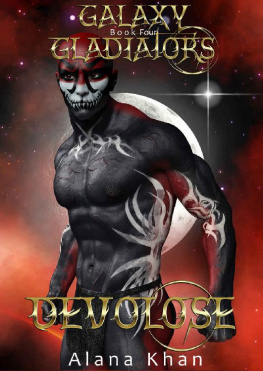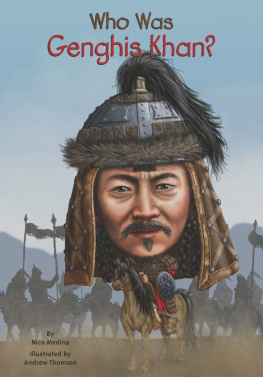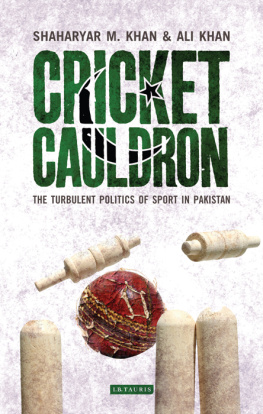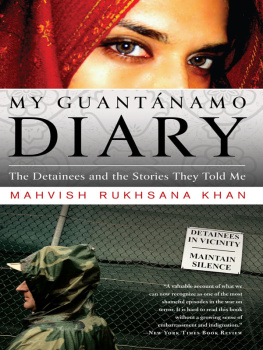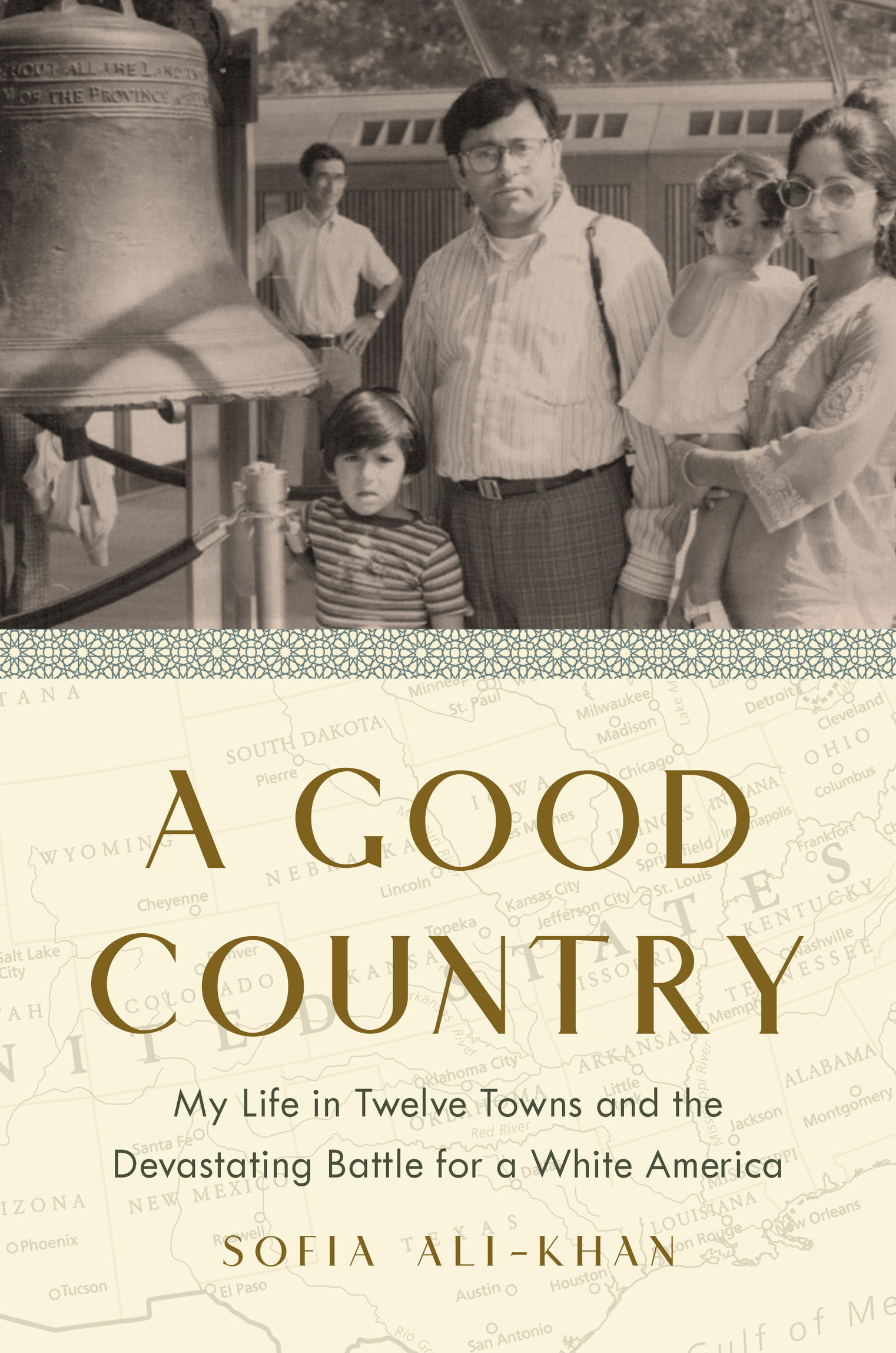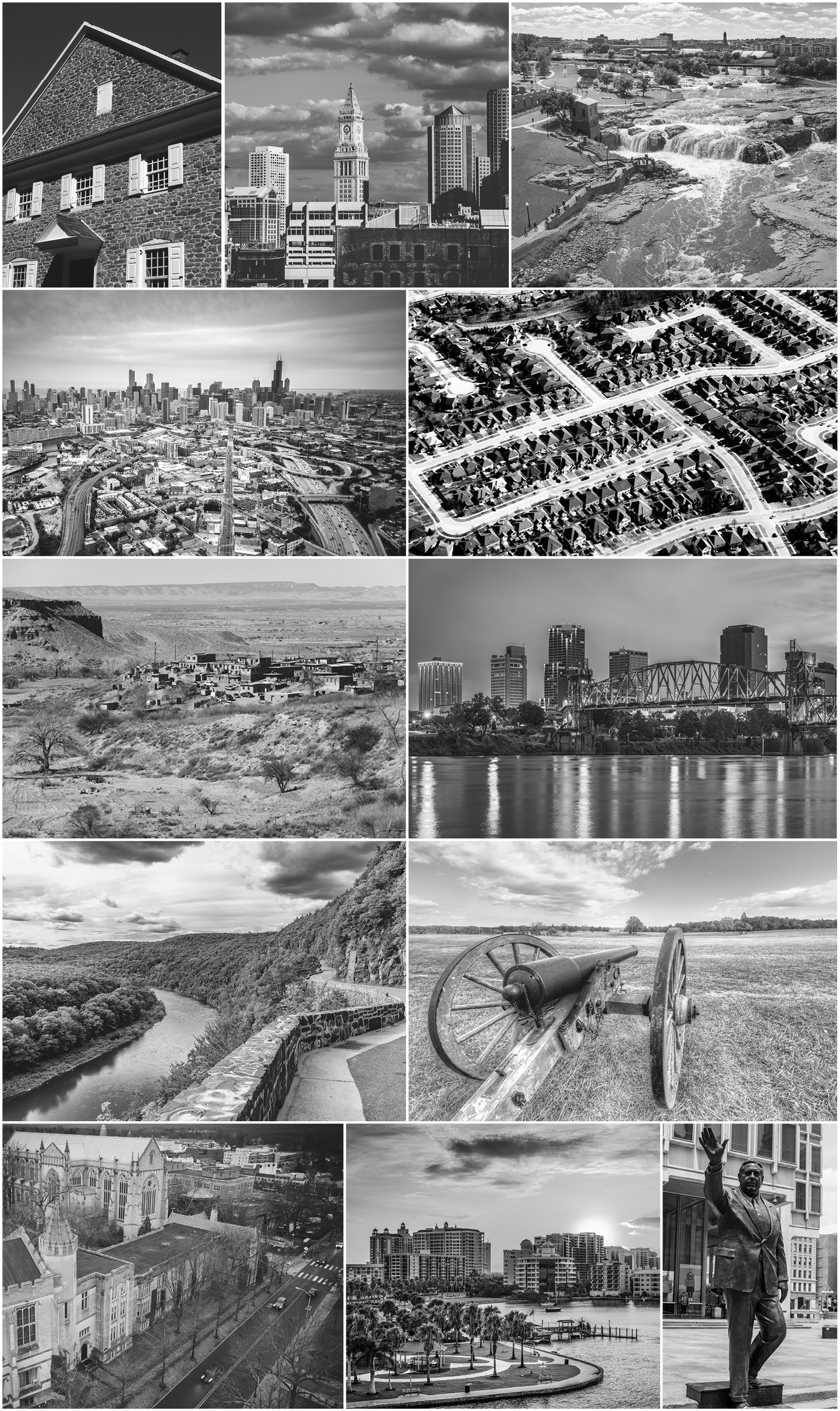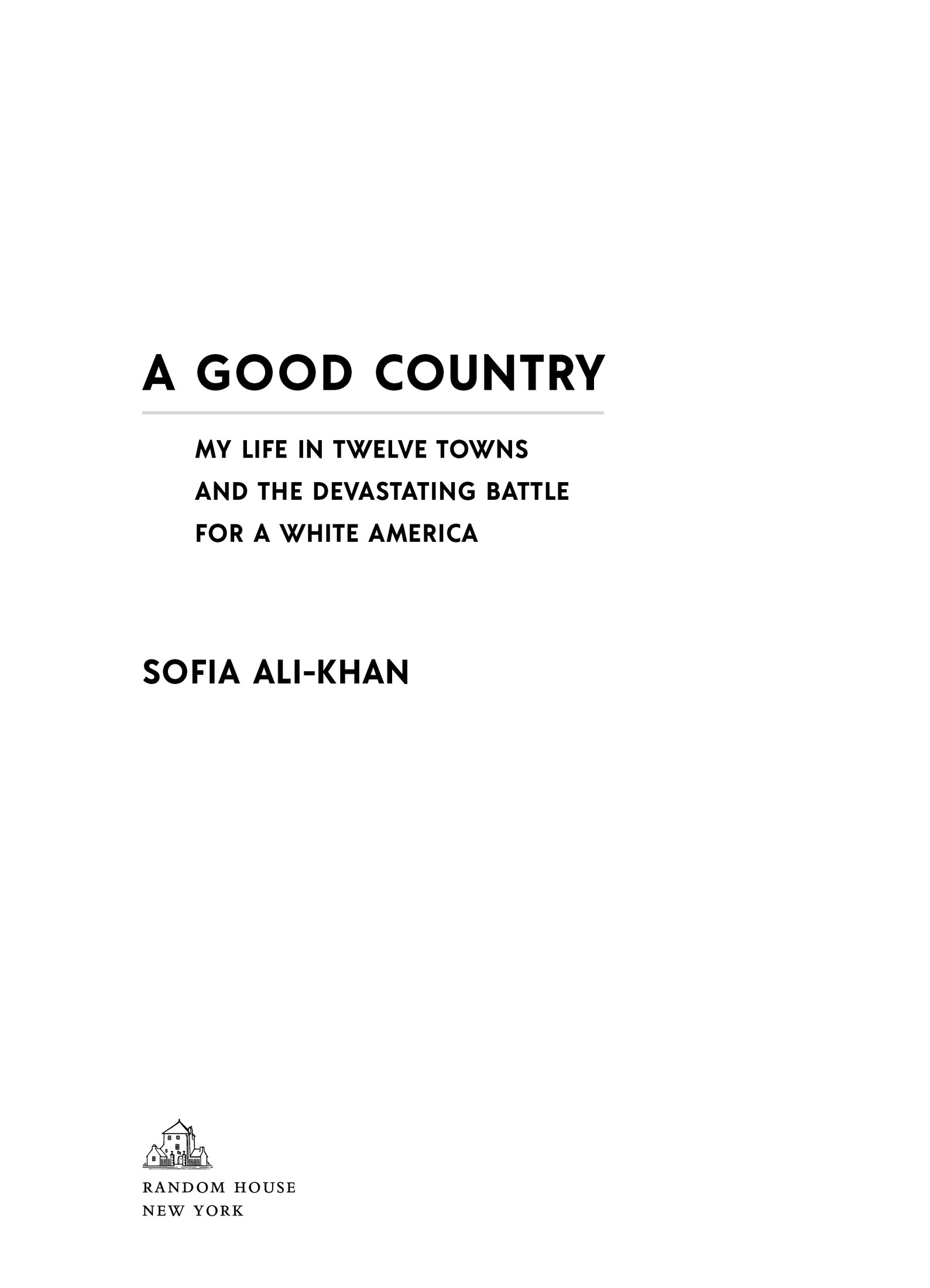Sofia Ali-Khan - A Good Country: My Life in Twelve Towns and the Devastating Battle for a White America
Here you can read online Sofia Ali-Khan - A Good Country: My Life in Twelve Towns and the Devastating Battle for a White America full text of the book (entire story) in english for free. Download pdf and epub, get meaning, cover and reviews about this ebook. year: 2022, publisher: Random House Publishing Group, genre: Home and family. Description of the work, (preface) as well as reviews are available. Best literature library LitArk.com created for fans of good reading and offers a wide selection of genres:
Romance novel
Science fiction
Adventure
Detective
Science
History
Home and family
Prose
Art
Politics
Computer
Non-fiction
Religion
Business
Children
Humor
Choose a favorite category and find really read worthwhile books. Enjoy immersion in the world of imagination, feel the emotions of the characters or learn something new for yourself, make an fascinating discovery.
- Book:A Good Country: My Life in Twelve Towns and the Devastating Battle for a White America
- Author:
- Publisher:Random House Publishing Group
- Genre:
- Year:2022
- Rating:3 / 5
- Favourites:Add to favourites
- Your mark:
A Good Country: My Life in Twelve Towns and the Devastating Battle for a White America: summary, description and annotation
We offer to read an annotation, description, summary or preface (depends on what the author of the book "A Good Country: My Life in Twelve Towns and the Devastating Battle for a White America" wrote himself). If you haven't found the necessary information about the book — write in the comments, we will try to find it.
At a time when many would rather ban or bury the truth, Ali-Khan bravely faces it in this bracing and necessary book.Ayad Akhtar, Pulitzer Prizewinning author of Homeland Elegies
Sofia Ali-Khans parents emigrated from Pakistan to America, believing it would be a good country. With a nerdy interest in American folk history and a devotion to the rule of law, Ali-Khan would pursue a career in social justice, serving some of Americas most vulnerable communities. By the time she had children of her ownhaving lived, worked, and worshipped in twelve different towns across the nationAli-Khan felt deeply American, maybe even a little extra American for having seen so much of the country.
But in the wake of 9/11, and on the cusp of the 2016 election, Ali-Khans dream of a good life felt under constant threat. As the vitriolic attacks on Islam and Muslims intensified, she wondered if the American dream had ever applied to families like her own, and if she had gravely misunderstood her home.
In A Good Country, Ali-Khan revisits the color lines in each of her twelve towns, unearthing the half-buried histories of forced migration that still shape every state, town, and reservation in America today. From the surprising origins of Americas Chinatowns, the expulsion of Maroon and Seminole people during the conquest of Florida, to Virginias stake in breeding humans for sale, Ali-Khan reveals how Americas settler colonial origins have defined the law and landscape to maintain a White America. She braids this historical exploration with her own story, providing an intimate perspective on the modern racialization of American Muslims and why she chose to leave the United States.
Equal parts memoir, history, and current events, A Good Country presents a vital portrait of our nation, its people, and the pathway to a better future.
Sofia Ali-Khan: author's other books
Who wrote A Good Country: My Life in Twelve Towns and the Devastating Battle for a White America? Find out the surname, the name of the author of the book and a list of all author's works by series.

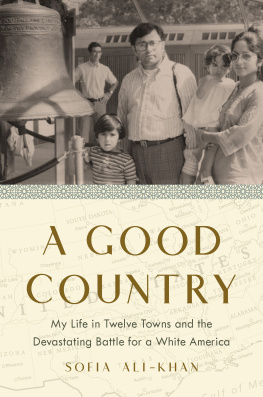
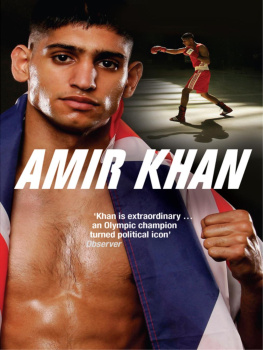
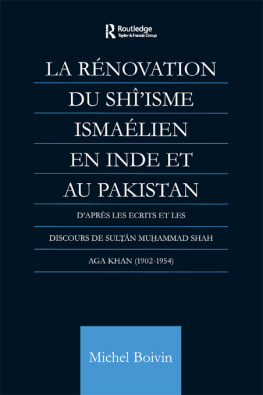
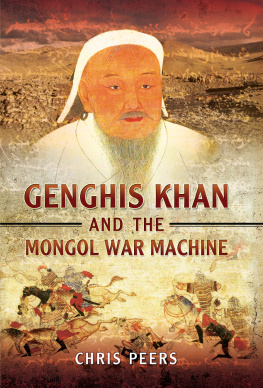
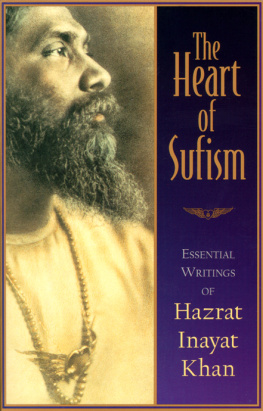
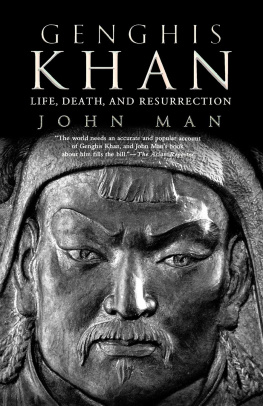
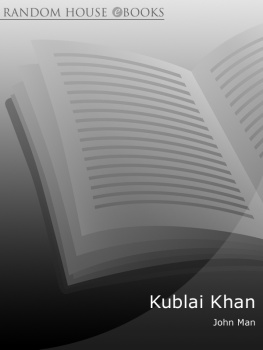
![Ausma Zehanat Khan [Ausma Zehanat Khan] - The Black Khan](/uploads/posts/book/142204/thumbs/ausma-zehanat-khan-ausma-zehanat-khan-the-black.jpg)
